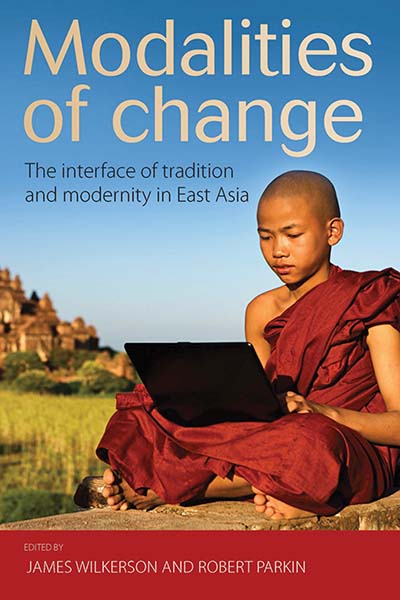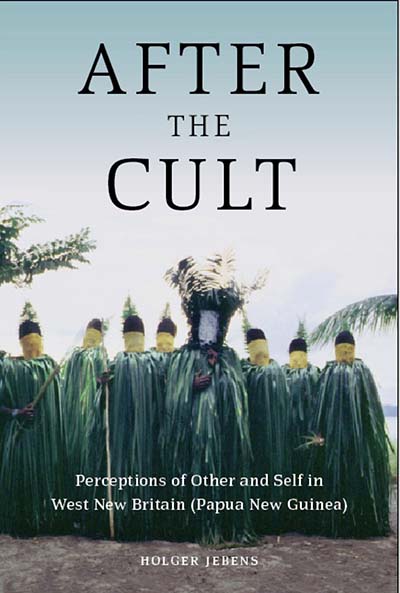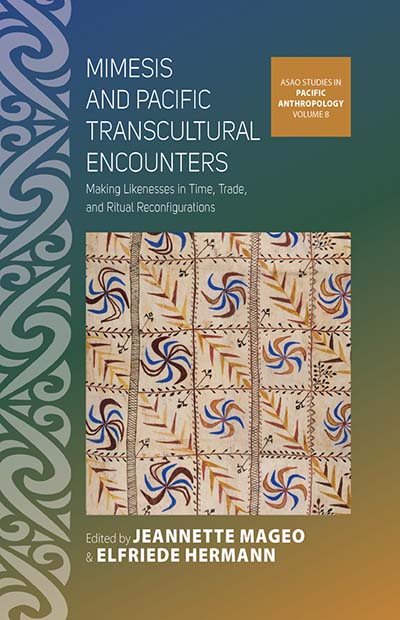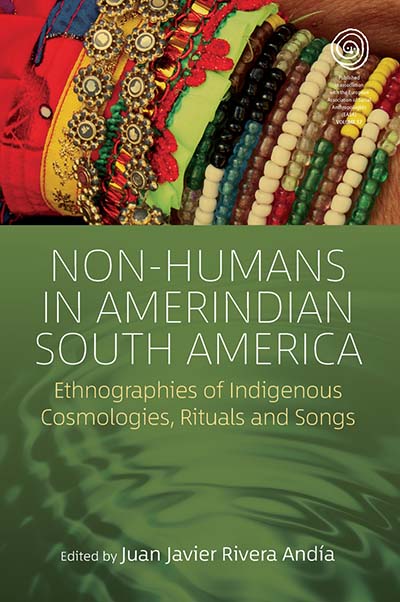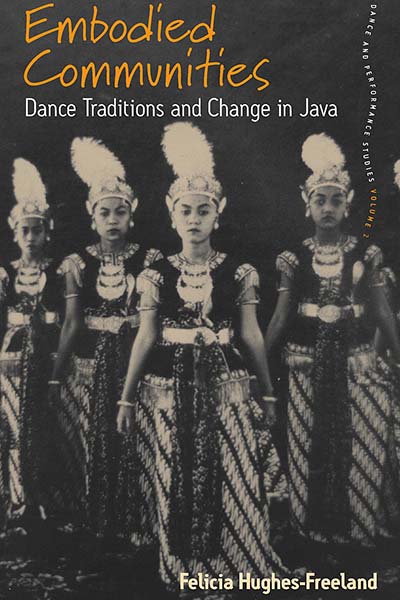
Series
Volume 2
Dance and Performance Studies
Email Newsletters
Sign up for our email newsletters to get customized updates on new Berghahn publications.
Embodied Communities
Dance Traditions and Change in Java
Felicia Hughes-Freeland
304 pages, 30 illus., bibliog., index
ISBN 978-1-84545-521-7 $135.00/£104.00 / Hb / Published (November 2008)
ISBN 978-1-84545-238-4 $34.95/£27.95 / Pb / Published (November 2010)
eISBN 978-1-84545-868-3 eBook
Reviews
“Even if it is rather demanding, Hughes-Freeland’s study makes for highly rewarding reading.” · JRAI
“The book is carefully constructed…we can learn a lot from it [which] may well be due to its robust empiricism.” · Social Anthropology/Anthropologie sociale
“This book attempts a much more comprehensive consideration of dance in its cultural, social, and historical contexts than most and the author should be commended not only for this ambitious approach but also for keeping ethnographic method as the foundation of the research… the world of dance scholarship, anthropology, performance studies, and Indonesian studies are the better for this book which is, in important ways, remarkable." · American Ethnologist
"This is a valuable addition to the literature on performance in Southeast Asia, on dance history, and on culture change in general … a very timely and important work … the quality of its prose, the depth of research involved make it a unique contribution to dance scholarship." · Hélène Bouvier, CNRS, Paris
Description
Court dance in Java has changed from a colonial ceremonial tradition into a national artistic classicism. Central to this general transformation has been dance’s role in personal transformation, developing appropriate forms of everyday behaviour and strengthening the powers of persuasion that come from the skillful manipulation of both physical and verbal forms of politeness. This account of dance’s significance in performance and in everyday life draws on extensive research, including dance training in Java, and builds on how practitioners interpret and explain the repertoire. The Javanese case is contextualized in relation to social values, religion, philosophy, and commoditization arising from tourism. It also raises fundamental questions about the theorization of culture, society and the body during a period of radical change.
Felicia Hughes-Freeland is an anthropologist and filmmaker. She is a Reader in Anthropology, Dept of Geography, School of the Environment and Society, Swansea University. She has done extensive research in Indonesia on Javanese dance over a period of nearly thirty years and her articles have been widely published. Her edited books and ethnographic films include Ritual, Performance, Media and The Dancer and the Dance.

